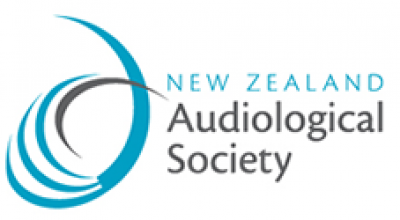Diabetes and Hearing Loss
Diabetes is Aotearoa New Zealand’s (NZ) largest and fastest growing health condition. NZ has some of the highest rates of diabetes in the world, with 40 people a day developing this chronic condition.
Hearing loss is more common in people with diabetes. Research from the United States has shown that people with prediabetes have a 30% higher rate of hearing loss than people with normal blood sugar levels. Research is needed amongst the NZ population to find out exactly how many people are living with hearing loss and diabetes; a Health Research Council-funded project is currently underway.
Cause and Association
Diabetes can lead to nerve damage that affects many parts of the body, including your ears.
Diabetes is a chronic condition associated with not being able to produce insulin or use it effectively, resulting in raised glucose (sugar) levels in the blood. Elevated glucose levels are associated with damage to the body over time. There are two types of diabetes – Type 1 and Type 2 (see here (Diabetes New Zealand) for more information).
Individuals with diabetes should be aware of the following:
- Increased risk of earlier onset age-related hearing loss
- Uncontrolled diabetes is associated with worsening hearing loss
- Increased susceptibility to noise- and drug-related hearing loss (so it is important to use hearing protection)
- Monitoring and early intervention is important
If you are hearing any ringing or buzzing sounds (tinnitus), or you are not hearing conversations as well, or your ear feels full or blocked, see an Audiologist or Audiometrist for a check of your ears and hearing.
How can an Audiologist or Audiometrist help?
Audiologists and Audiometrists play a key role in detecting and treating diabetes-related hearing and balance complications. These include hearing loss, tinnitus, vestibular loss with higher risk of falls. Complications can be avoided or delayed with yearly ear and hearing screenings, assistance, and treatment.
Audiologists and audiometrists can provide a person with diabetes with, at least, the following:
- A thorough case history including: medications, medical history, history of noise exposure, trauma to the head or neck, hospitalizations over the past 10-20 years, family history, and complaints about hearing or balance.
- Audiological evaluation, including monitoring of:
a) External and middle ear health given greater risk of infection with diabetes
b) Potential ototoxic side effects from diabetes-related treatments - Treatment recommendations, including hearing and balance care, and ongoing monitoring.
- Referral for diabetes education, if not already in place.
Click here to find an audiologist or audiometrist near you.

